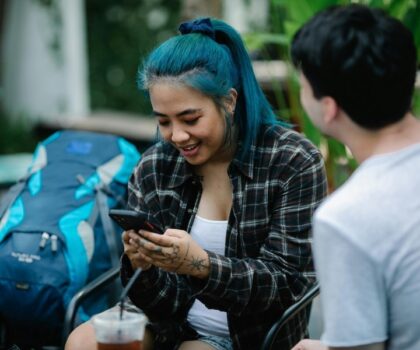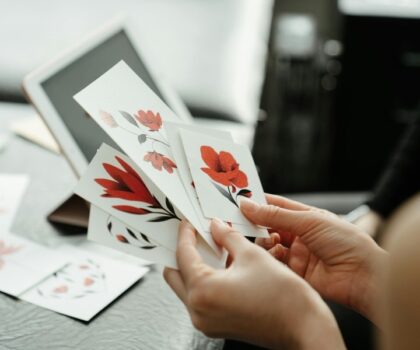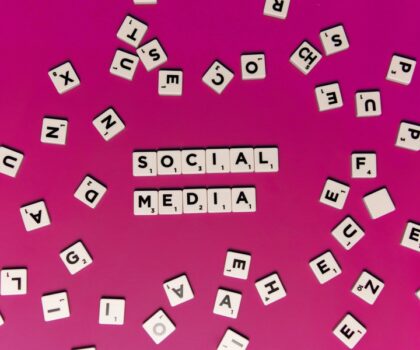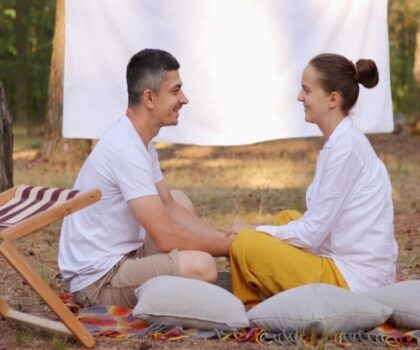Have you ever just looked at your phone, trying to come up with a reply that would not have been dull? We have all been
Read MoreCategory: Digital Dating
Social media related feelings: likes, comments, and follows as factors in arguments between couples
Maya, one late night while viewing Instagram, found out that her partner posted a picture with an unknown person’s comment under it. It was just a harmless heart emoji but the whole scenario spun out and she started to think negatively. Minutes later she was spiraling into anxiety and comparisons. This is what social media jealousy is all about: social media jealousy no one talks about, but which many couples battle with in silence.
The Unspeakable Factor in Contemporary Relationships
Traditionally, jealousy would develop out of face-to-face acquaintances. Today, nevertheless, jealousy has already found its way to something as uncomplicated as “double-tap” an image. A “like” or “follow” is at times nothing and we are still thinking: Why was that image liked by them? Who did they follow? What does the comment mean?
All this creates anxiety with social media, as it blurs the public/private zones. Something that was once, possibly even admiring, is now out there for everybody to see. And when things are unclear, it can easily lead to a conflictual debate.
When Online Engagement Feels Like Infidelity
There are those people who view online interaction on the same idea as interaction in real life. So, if someone were to send you a short coy restart that is flirtatious/fun/whatever, then it is akin to crossing the line of something going on. This is where social media jealousy can heighten because digital interactions leave a persistent mark. Unlike in-person encounters where the conversation is fleeting, likes and comments are all things we can see again, relive, and interpret.
For relationships, perception is just as important as intention. One person reads the comment as innocent while the other one sees it as infidelity. The moment the difference in perception starts to widen, trust might get undermined, and if there is no communication, even tiny fires can in no time turn into huge ones.
Without communication, even slight misunderstandings can escalate all the way to full-blown arguments. Moreover, the very aspect of social media being public makes it more challenging to deal with misunderstandings since others are spectators, can express their reactions, and even get involved, thus, changing the dynamics of the situation from private to public drama.
The Story Behind the Screen
From two individuals with a relationship, there develops an individualized “social media story.” A couple might say those funny things about followers, but another feels totally uncomfortable with the whole thing. Late-night scrolling for Maya was never about that comment; it was about the fear of losing trust, unspoken insecurity, and the need for affirmation.
This is where dialogue really matters. Instead of accusations or hiding away feelings, couples might want to share how interactions on social media make them feel. Transparency lessens confusion and erects better boundaries.
Creating Trust in a Digital World
We live in a world where you cannot escape social media; however, couples can learn to navigate it together. If partners specified exactly what kinds of behavior were respectful in the online world, they would be able to lower the chances of increase in arguments. For instance, you might both come to a mutual understanding as to which behaviors are violations of boundaries and disrespect your relationship.
Moreover, the process of looking inward is crucial. Jealousy that is fueled by social media may eventually reveal more about our own character rather than about the conduct of our significant other. Learning to distinguish the noise that can be found online from the values you partake in and respect in your relationship can ease anxiety in the relationship. We can always allocate energy towards offline connection. Using a proper arrangement, the combination of such factors as shared experiences, ties, chats, or simply, fun together, can, without any doubt, surpass the so-called benefits we derive from social media (likes, comments, etc.).
Taking time to reflect Why does this bother me? What do I fear I might lose? helps us uncover deeper emotional truths. Sometimes it’s not the action but the interpretation that hurts.
Final Thoughts
Everything depends on the digital platforms. Like people, they can either help couples unite or isolate them. Knowing the indicators of social media jealousy, and discussing it neutrally will maintain love in this electronic age. Trust and communication, however, are the attributes that draw a relationship beyond the boundaries of a screen while likes disappear, comments cease and follow end.
Astrology and Love: When Star Signs Guide You to Swipe Right
The Cosmic Pull of New Age Dating Friday night with a cup of coffee, Priya is browsing through a dating app. She pauses when the
Read MoreThe Anxiety of the First “I Miss You” Text: Who Says It First Now?
The Text That Changes Everything It is 11:47 p.m., and you have just written “I miss you”, then deleted it. Rewritten it. Deleted a character
Read MoreWhen Their Social Media Colors More Than Their Words
Decoding Mixed Signals in the Digital Dating Age You’re posting couple selfies, tagging your partner in memes, and dropping comments that would make anyone swoon.
Read MoreThe Digital Comfort Trap: When DMs Feel Safer Than IRL Dating
These days, the notifications, swipes, and likes set the stage for romance which begins with an exhilarating buzz signaling a new message. The amount of
Read MoreLove or Lifestyle? When You’re Just a Character in Their Fame Game
Ever felt like your relationship was more about their followers than your feelings? You might be part of something deeper and not in a good
Read MoreAI Matchmaking: Navigating Love in the Digital Age
Dating apps are evolving and so are the people using them. Swiping is no longer enough. Today’s singles are looking for emotional depth, shared values,
Read MoreThe Game of Love: How Dating Apps are Getting More Interactive
Unlocking Hearts with Playful Tech Welcome to the New Era of Love One lazy evening, Arjun was aimlessly scrolling his dating app. The normal fatigued
Read MoreZen Dating: Prioritizing Mental Health in Romantic Pursuits
In an era where romance is reduced to dating applications, profile pictures enhanced with digital filters, and swiping left or right, Zen Dating stands out.
Read More









